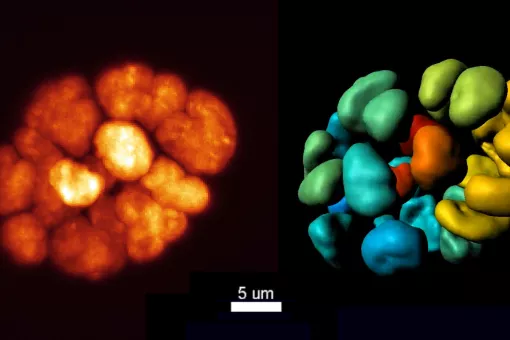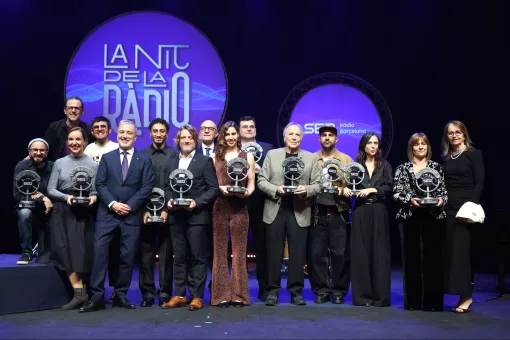The objective is to further our understanding of why beta cells, responsible for the production of insulin, become insensitive to insulin.
The project “The role of glycogen metabolism in the pancreatic beta-cell” conducted by the lab headed by Joan J. Guinovart, director of IRB Barcelona, will receive funding from the European Foundation for the study of Diabetes (EFSD) and the Danish pharmaceutical company Novo Nordisk, within the “Partnership for Diabetes Research in Europe” Programme 2012. The eight projects awarded funding in this European call will start in Autum.
Guinovart, head of the “Metabolic Engineering and Diabetes" group at IRB Barcelona and senior professor at the University of Barcelona, seeks to clarify the influence of glycogen metabolism on the sensitivity of beta cells to glucose. The aim is to reveal new possibilities for the preservation or recovery of this sensitivity in diabetes. Beta cells are a kind of pancreatic cell that produce and segregate insulin, a hormone that controls blood sugar levels. “In diabetic patients and in lab animals we have observed that the overaccumulation of glycogen – a kind of sugar – in pancreatic beta cells contributes to their dysfunction”, explains the director of the project.
Glucose entry into the body is not continuous but is concentrated in short periods, mainly after meals. A complex system that includes storage mechanisms and buffers sensitive to glucose ensure a strict control of blood sugar levels. The key actors in this system are pancreatic beta cells and their sensitivity to glucose, which is directly related to insulin release. Diabetes is the main pathological symptom of a defect in the system. According to the researchers, “any research effort aimed at understanding insulin sensitivity is a good thing. Now we have to confirm the pathological implication of glycogen overaccumulation, to evaluate the effect on beta cell function, and to identify new molecular targets to reestablish sensitivity to glucose”, reports Guinovart.
The funding of this project, which will last one and a half years, amounts to 100,000 euros. For its implementation, Joan J. Guinovart will be collaborating with Ramon Gomis, from the Hospital Clínic de Barcelona and Xavier Correig, director of the Metabolomics Platform of the Universitat Rovira i Virgili (URV), in Tarragona.
About IRB Barcelona
The Institute for Research in Biomedicine (IRB Barcelona) pursues a society free of disease. To this end, it conducts multidisciplinary research of excellence to cure cancer and other diseases linked to ageing. It establishes technology transfer agreements with the pharmaceutical industry and major hospitals to bring research results closer to society, and organises a range of science outreach activities to engage the public in an open dialogue. IRB Barcelona is an international centre that hosts 400 researchers and more than 30 nationalities. Recognised as a Severo Ochoa Centre of Excellence since 2011, IRB Barcelona is a CERCA centre and member of the Barcelona Institute of Science and Technology (BIST).




